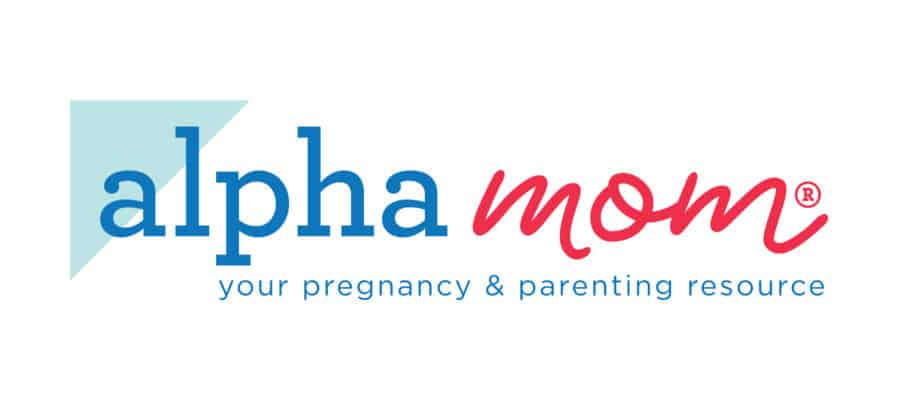
Helping a Grieving Mother
Amy,
I do love your column, and in regards to my question, searched your archives to no avail. I need some advice on the grieving mother. A fellow coworker and good friend lost her 16 month old last week to SIDS. 16 months! We all thought he was out of the woods. I have developed a good friendship with her throughout our time at work, even taken pictures of her and her family numerous times while trying to develop my skills. Now, I, and all of her coworkers and friends are at a complete loss of what to do.
 I know it is tempting to DO something when tragedy hits, but what? And how? And when? They aren’t accepting visitors, which is understandable, and did not attend the viewing, and were at the funeral service, but left before they had to talk to anyone. Their grief is intense, as anyone could imagine. I spoke with a coworker today, who said “if she came back today, I would probably either 1) burst into tears or 2) not talk to her at all and I know that isn’t right, but I just don’t know what to do”. Do you have any advice? Any at all…(I don’t think she’ll be returning to work for quite some time….) Thank you…
I know it is tempting to DO something when tragedy hits, but what? And how? And when? They aren’t accepting visitors, which is understandable, and did not attend the viewing, and were at the funeral service, but left before they had to talk to anyone. Their grief is intense, as anyone could imagine. I spoke with a coworker today, who said “if she came back today, I would probably either 1) burst into tears or 2) not talk to her at all and I know that isn’t right, but I just don’t know what to do”. Do you have any advice? Any at all…(I don’t think she’ll be returning to work for quite some time….) Thank you…
L
Grief is hard. And it’s hard when it’s your own grief and/or someone else’s. What to do? What to say? When you’re the one who is grieving, you don’t necessarily know what you want people to do or say. Some days you want the phone to ring so you can talk about the loss and the details to someone, anyone, and have your sadness and pain acknowledged. Some days you just want the entire world to leave you the hell alone. Some days you want to throw yourself into work or social functions or other distractions, while many, many other days you simply cannot even deal with the thought of interacting with another human being, whether it’s a dear friend or coworker or just the cashier at the grocery store check-out.
So yeah, that all can make grief difficult for the people not directly in the epicenter, but who still want so badly to help or do something.
I can tell you what NOT to say, for sure: I know how you feel. No, you don’t. Even if you personally did lose a child to SIDS at 16 months old, you still wouldn’t know how she feels. In fact, any platitude that includes anything about how she feels should generally be avoided — refrain from saying stuff like, Oh, you must feel so devastated/angry/whatever. She might not feel that particular emotion at that particular time, actually, and thus feel like maybe what she IS feeling (numbness, denial, etc.) is somehow “wrong.”
A simple “I am so sorry” really is a good thing to say. Because it’s true and you are. Those are the only emotions you can speak of.
Beyond worrying about saying or doing the “wrong” thing, though, what would be hopefully and most-likely right?
1) Practical, emotion-free-ish gifts and services. Now that the funeral is behind them, they probably don’t need any more flowers. But they probably still could use food, meals, a clean house. Your office could ask for volunteers to deliver meals — stuff that can either be reheated and eaten right then or frozen for later if they just. aren’t. hungry. is always a good idea. Lasagnas, batches of soups, comfort food. You can knock on the door but make it clear you aren’t there to intrude or invite yourself in or to “make” them talk about anything. Or you can leave it on the step in an insulated container with a note saying that they are in your thoughts.
Alternatively, a group gift of a gift certificate for a cleaning service or online grocery delivery.
2) Understand there’s a difference between “not wanting to talk about it” and “wanting to be left alone.” While she probably isn’t ready to rehash her tragedy with you yet, avoiding her completely will simply make her feel isolated and abandoned. Send a card, write a quick email. Leave a voice mail. Let her know that you aren’t expecting a response, but: You are thinking of her. You care. These little gestures become especially meaningful after the initial wave of sympathy cards and gifts from the immediate aftermath and funeral dry up, but the grieving continues. A grieving person can feel incredible pressure to “move on” and “get over it already” from people who may be uncomfortable with the grief and in a rush to change the subject, so it’s nice to hear from people who give you permission to still be really, terribly sad.
3) Understand that grief is an ongoing animal. We hear a lot about the five stages of grief, which are accurate, but I think some people assume that a grieving person is going to be clip through them at a set, standard pace and that once you hit “acceptance,” you’re done. You’ve graduated! Congratulations. Now I don’t want to hear about your loss anymore. After your friend returns to work, there will absolutely be days when she seems “fine” and “back to her old self.” But then…Christmas. Mother’s Day. Her son’s birthday, the anniversary of his death. My mother (who is still profoundly grieving the loss of my dad earlier this year) told me that she was even dreading Labor Day, a holiday that never held much meaning or tradition for us, but still. It’s another first for her, she said. So it matters. While I don’t recommend looking at your coworker like she’s a super-fragile broken doll who might burst into tears at any second, it might not hurt to be aware of certain dates or triggers (i.e. the company picnic that her son attended the year before) and…I don’t know. Ask her how she’s feeling, if she wants to grab lunch or coffee, or rescue her with a fake phone call when you notice that one jackass from accounting hanging around her cubicle making inappropriate jokes.
And lastly, if you feel comfortable enough, consider sharing the link to Glow in the Woods — a wonderful, beautiful group blog written by other grieving parents. It might be helpful for her to connect with an online community, or inspire her to put her own grief into words, or just to feel a little less alone one day to read about people who know how she feels…but also know better than to say that they know how she feels.
Photo credit: Thinkstock

